The advent of 5G technology promises faster speeds, lower latency, and more reliable connections. With 5G now widely available across many countries and delivering better internet connections than 4G, consumers want to upgrade to 5G devices to take advantage of these benefits.
SEE: Made by Google 2024: Pixel 9, Pixel 9 Pro and Pixel 9 Pro Fold Revealed
Many are wary of the high prices associated with high-end 5G devices. Fortunately, several budget-friendly 5G devices are available that offer excellent value for money. Here are the six best cheap 5G phones for 2025.
Best cheap 5G smartphones comparison table
| Samsung Galaxy A53 5G | |||||
| Apple iPhone 14 | |||||
| Google Pixel 8A | |||||
| Motorola moto g Power 5G | |||||
| HMD XR21 |
Samsung Galaxy A53 5G
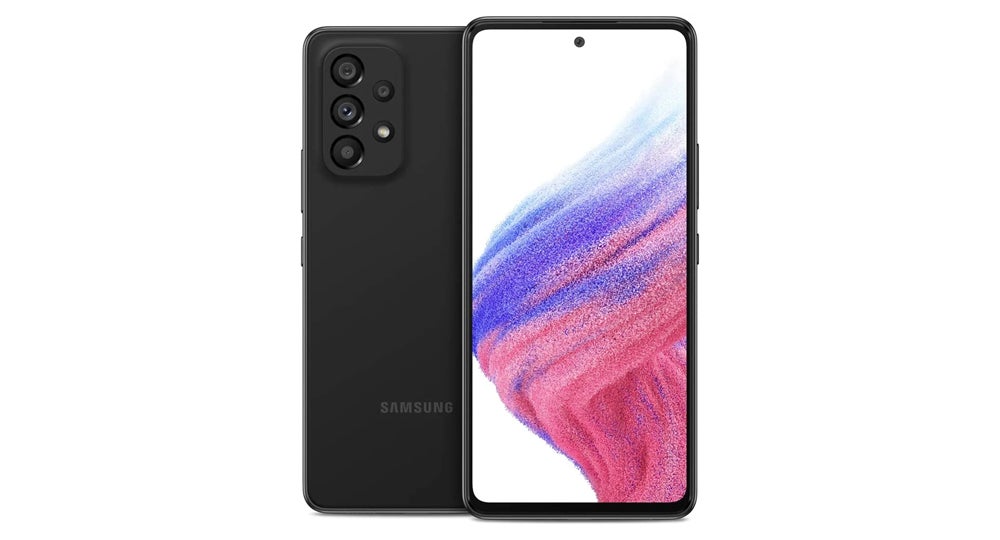
If you’re on a budget but still looking for a smartphone that can take advantage of 5G capabilities, the Samsung Galaxy A53 5G can be a great buy. In addition to the 5G feature, the device comes with a 6.5-inch AMOLED display with a 2400×1080 pixel resolution and 120 Hz refresh rate.
SEE: 5G networks: A comprehensive cheat sheet
In addition, the device is powered by a Qualcomm Snapdragon 750G chipset with 8GB of RAM and 128 GB of storage, which can be expanded to 1 TB using a removable microSD card. The Galaxy A53 5G is also compatible with 4G and other previous generations of cellular networks for greater flexibility and broader network coverage when you’re out of the 5G network range.
This device runs on Android 11 and has a 4500 mAh battery capacity with fast charging to support intensive use. The Samsung Galaxy A53 is available on Amazon for $161.80.
Apple iPhone 14
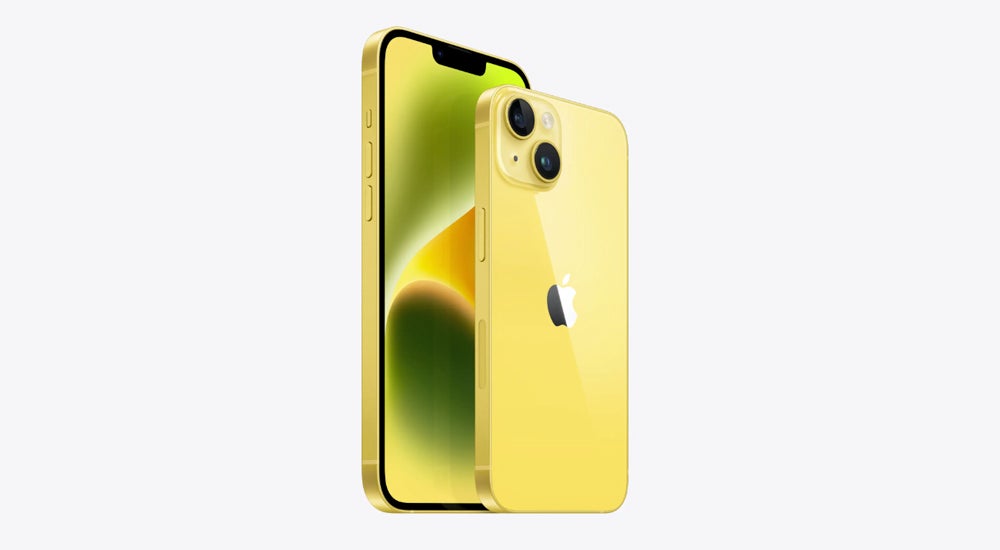
The Apple iPhone 14 may not be nearly as budget-friendly as the iPhone SE, but having only been released in 2022, it is likely to remain relevant for much longer. Apple’s A15 Bionic chip powers the device and comes with a 12 MP camera, 6.1-inch display, 4K video recording, and, of course, 5G support. Sadly, it does not support Apple Intelligence and is still only compatible with the Lightning cable rather than USB-C, but it is still a solid choice for those who aren’t after the top-of-the-range iPhone.
You can acquire this device on the Apple Store for $599. However, if that still breaks the budget and you’re set on an iPhone, you may want to wait for the imminent release of the iPhone SE 4.
Google Pixel 8A
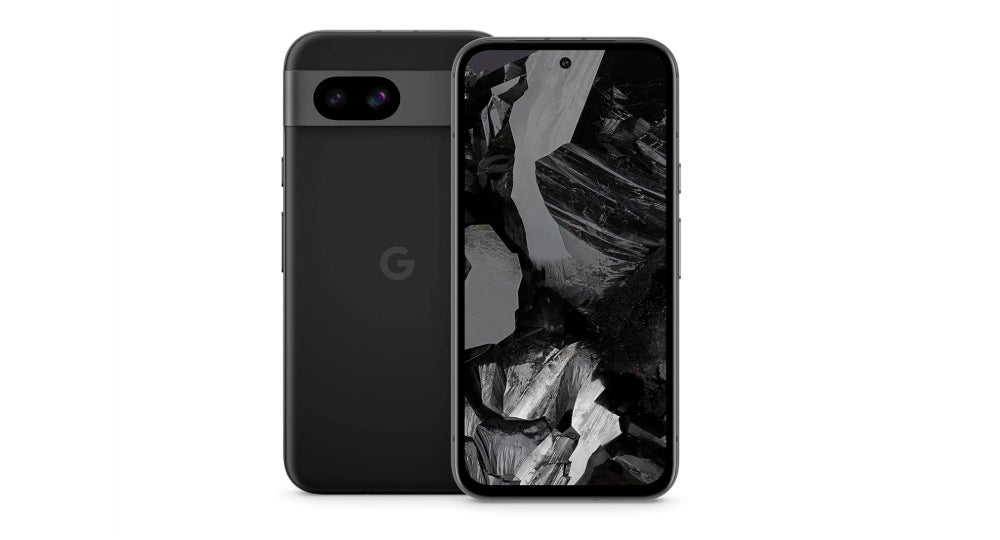
Google Pixel 8A is another affordable device with 5G connectivity. Released in May 2024, it is equipped with Google Tensor G3, meaning it matches the standard Pixel 8 in performance. The mobile 5G connectivity comes unlocked, so you can choose the data plan and network carrier that suits you.
SEE: 5G vs 6G: What’s the Difference?
With Google’s Gemini assistant included, 4,492 mAh battery, fingerprint sensor, 4K video quality, dual camera setup, 128 GB of storage as a minimum, and flexible 5G connectivity, the Google Pixel 8A is a great deal for someone looking for a cheap 5G phone in 2025. You can get this device on Amazon for $399.
Motorola moto g Power 5G
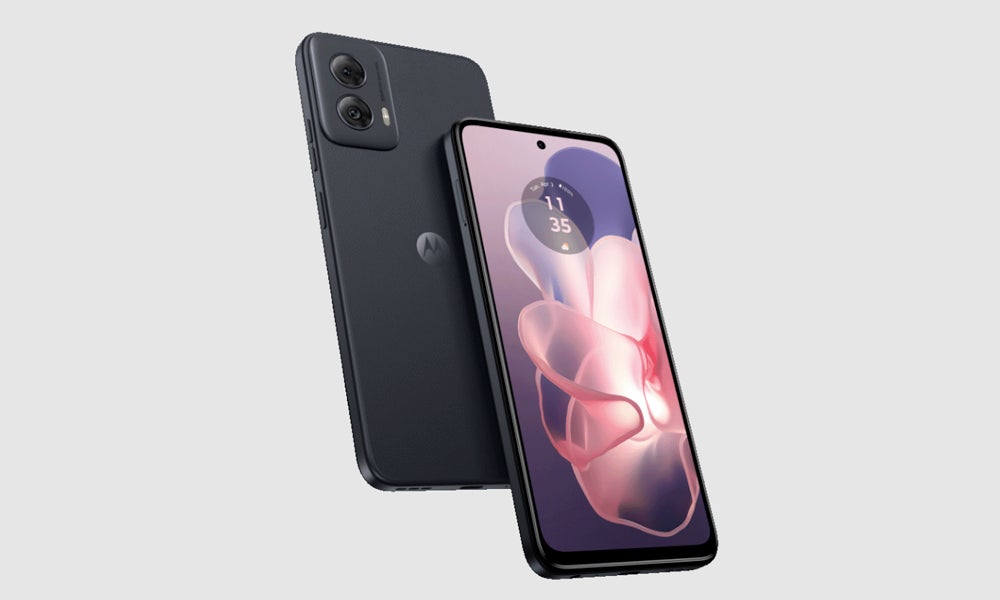
Motorola is another brand that has endured in the phone manufacturing industry. This time, they reminded us of their Motorola Moto G Power 5G capabilities.
Powered by a MediaTek Dimensity 7020 processor, the device offers a smooth experience for everyday tasks and 5G speed for quick downloads and streaming. Other notable features include a 5,000 mAh battery capacity, which provides up to two days of use on a single charge, a 120 Hz refresh rate, a 6.7-inch display, a 50 MP camera sensor, wireless charging, 128 GB minimum storage, and 8 GB of RAM.
While not the most impressive 5G handset on the market, it is a solid offering for one that comes in at well under $200 from some retailers. You can get your hands on one for $199.99 from the Motorola store.
HMD XR21
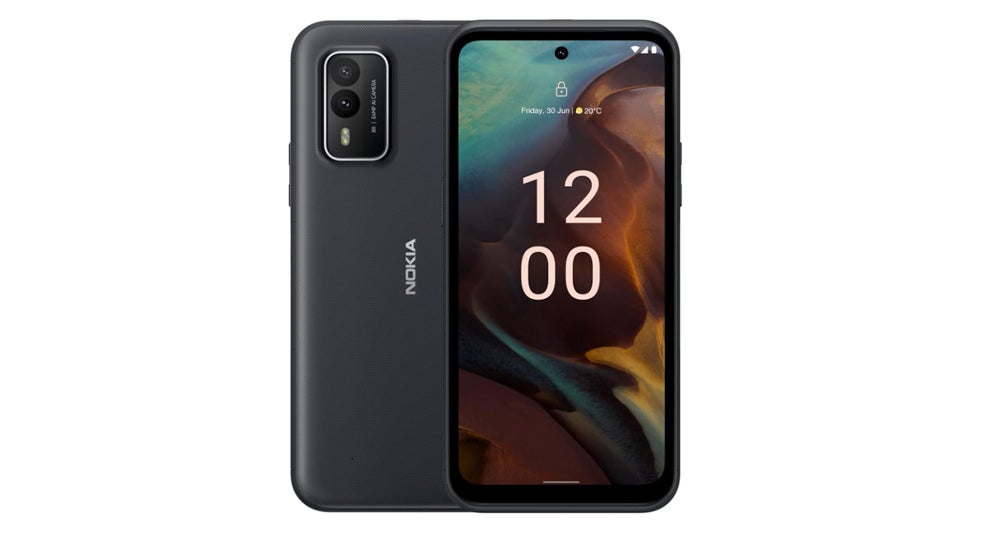
In addition to being 5G-enabled, the HMD XR21 is designed to be extremely durable. It’s drop-resistant, water-resistant, and dust-resistant with Corning Gorilla Glass Victus on the front, but it doesn’t look like a rugged phone with its sleek design. It will also receive security updates until July 2027 and comes with a one-year screen replacement guarantee.
Features-wise, the handset has a Qualcomm SM6375 Snapdragon 695 5G chip, a 4,800 mAh battery, 6 GB of RAM, and a minimum of 128 GB of storage. The dual rear camera setup is average, with a 64 MP sensor and an 8 MP ultra-wide sensor, but the XR21 is primarily intended for business use anyway.
The HMD XR21 5G is available on Amazon for $439.99.
What is a 5G phone, and do you need one in 2025?
A 5G phone is a smartphone equipped to connect to 5G networks, offering faster data speeds and lower latency than older networks like 4G. 5G connections are expected to represent over half of mobile connections by 2029, according to the GSMA. So, if you’re considering buying a new device, you will probably want one that can leverage this infrastructure.
A 5G connection will mean the handset performs better in more data-intensive activities, such as streaming, gaming, and using artificial intelligence tools. However, if those features aren’t important to you, you know your local area will not have 5G for the foreseeable future, or 5G-readiness takes devices out of your budget, there are still plenty of reliable 4G smartphones on the market.
SEE: How UK SMBs Can Prepare for 5G Rollout
How much faster is 5G than 4G?
5G offers speeds of up to 10 gigabits per second in ideal conditions, compared to 4G’s maximum of around one gigabit per second. It offers download speeds between ten and one hundred times faster than 4G and 4.5G. It has lower latency, making a device more responsive to gaming and video conferencing activities.
Factors to consider when buying 5G smartphones
- 5G coverage in your area: Check if 5G networks are, or will soon be, available and reliable where you live or frequently travel.
- Battery life: 5G connectivity can drain the battery faster because it demands more signal processing from the device, so ensure the phone has good battery capacity or power-saving features.
- Processing power: Look for a phone with a modern processor and a minimum of 6GB of RAM to ensure it can handle the demands of 5G usage.
- Support for advanced 5G bands: To stay relevant as technology evolves, consider whether the smartphone supports advanced 5G bands, like FR2/mmWave.
- Price vs. value: Balance the phone’s cost with its features and benefits, as 5G models can be more expensive than non-5G ones.
Methodology
At TechRepublic, we aspire to provide our readers with a fair and honest assessment of phones they may invest in. To compile this list, the reviewer evaluated expert reviews, user feedback, and detailed specifications. Key factors considered included performance, price-to-value ratio, battery life, and overall reliability.
















Leave a Reply